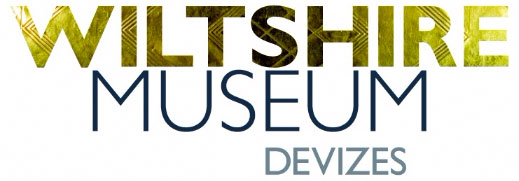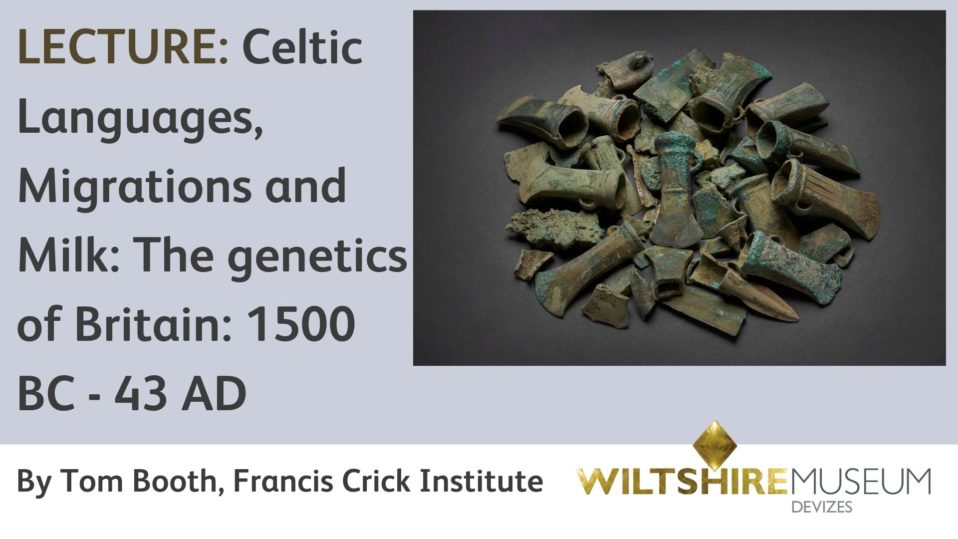By Tom Booth, Senior Research Scientist, Pontus Skoglund Laboratory, The Francis Crick Institute, London
Recent studies of ancient genomics have identified at least two episodes of major genetic change in prehistoric Britain: at the beginning of the Neolithic, around 4000 BC and at the beginning of the Bronze Age, around 2500 BC. However these migrations by themselves do not fully explain the genetic variation we see amongst present-day people with recent ancestry from Britain, suggesting there were further prehistoric migrations into Britain which transformed the genetics of its inhabitants. In this talk I will discuss how new analyses of ancient human genomes dating to between the Bronze Age and the Roman Conquest which have provided new insights into a series of migrations that may have played a role in the development of Celtic languages. These results also provide new details on the relationships between the peoples of the Iron Age as well as the emergence of lactose tolerance in Britain.
Tickets: £7 (£4.50 WANHS members and students using an ac.uk account) per screen – booking essential.
Ticket sales close at 5pm on the day of the lecture.
Time: Start 7.30pm
Location: An online event, using Zoom webinar – the link will be emailed on the day of the lecture.
UPDATE 24/2/2022 – The Zoom link was sent at 1pm to ticket holders. If you book after that time, and before 5pm, you will receive the Zoom link before 7pm. Email hello@wiltshiremuseum.org.uk if you have booked a ticket, but not received the Zoom link (checking first it’s not gone into a junk or clutter folder!).


